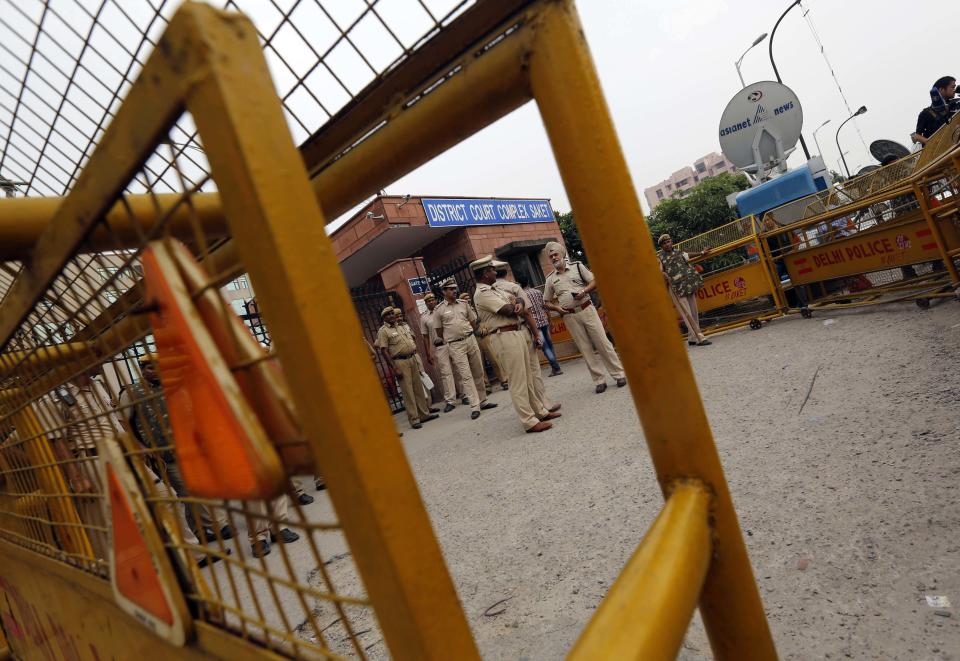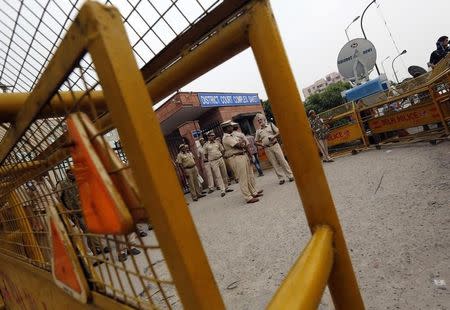India proposes special police units to probe crimes against women
By Nita Bhalla NEW DELHI (Thomson Reuters Foundation) - India's home ministry has proposed setting up 150 special police teams across the country to probe crimes against women and ensure victims get justice, the government said. The Investigative Units on Crimes Against Women (IUCAW) would be deployed in India's 29 states with the aim of strengthening the criminal justice system by conducting thorough probes, leading to stronger prosecutions and higher convictions. Home Minister Rajnath Singh has written to the chief ministers of all the states asking them to examine the IUCAW proposal, said a government statement late on Monday. "The objective of these units will be to investigate cases referred to them (and) augment the investigative machinery of the states in relation to the heinous crimes against women, especially rape, dowry deaths, acid attacks and human trafficking," said the statement. The units' responsibilities would include policing, intelligence gathering, tackling organised crime, monitoring implementation of laws, spreading awareness and promoting public participation in checking crimes against women, it said. The annual cost of the IUCAW project will be 840 million rupees ($13.25 million) with 2,250 officers for the 150 units, said the statement. A third of the officers will be women to help instill confidence and encourage victims to come forward. The home minister has also asked states to set up fast-track courts specifically for gender crimes, said the statement, adding that this would help ensure speedy justice. Reports of crimes against women in India increased by 26.7 percent to 309,546 in 2013 compared to the previous year, according to the National Crime Records Bureau. These include rape, kidnapping, sexual harassment, trafficking, molestation and cruelty by husbands and relatives. They also include crimes in which a woman was driven to suicide as a result of demands for a dowry from her husband or in-laws. Activists say women in India endure a primitive, poorly funded, under-resourced and insensitive criminal justice system that has failed to care for them and deliver justice. Most crimes are not reported, largely due to the deep-rooted conservatism of Indian society, where victims are scared to come forward for fear of being "shamed" by their families or communities. Those brave enough to go to authorities face numerous challenges in getting perpetrators put behind bars - insensitive police, a lack of counselling, shoddy police investigations, long trials and weak prosecutions in the courts. (Reporting by Nita Bhalla, Editing by Alisa Tang)



